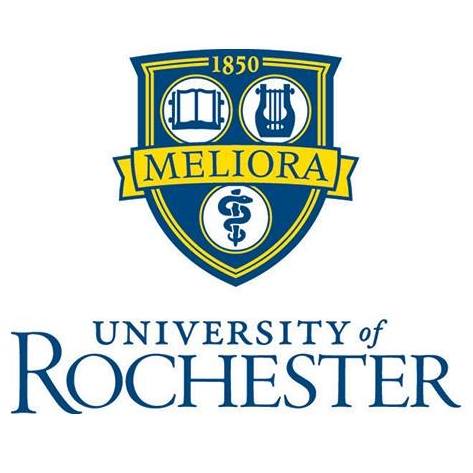Adam Clark Works papers, 1850-1928 11 boxes
The Adam Clark Works Papers contain correspondence from his family and friends. Also included are diaries belonging to Adam Clark Works, his first wife, Mrs. Elida I. (Van Sickle) Works, his second wife, Mrs. Ellen (Mihill) Works, his daughter, Ruth Elida Works, and his brother, George Washington William Works. The collection also contains memorabilia, photographs and a china figurine, "Three O'Clock in the Morning." The bulk of his papers are from the 1860's. The family correspondence includes letters from his mother, Mrs. Julia (Coolidge) Works Crouch, his brothers, George Washington William Works, Robert Miller Works, Obadiah Works, his halfbrothers, James Chesterfield Crouch, Benjamin F. Crouch, and his uncle, George Griswold, who raised him after his father, George W. Works, died in 1839. The collection includes courtship and marriage letters, from both wives of Adam Clark Works. His first wife, Elida, died in 1869 after a prolonged illness. Her letters are filled with descriptive detail concerning methods of medical treatment at the Castile Water Cure Sanatorium in 1868. Adam Clark Works' in-laws, Mary and Henry C. C. Van Sickel (or Van Sickle), referred to as "Ma" and "Pa," and the Rev. Norris and Mellissa (Lamson) Mihill (or Mihills) carried on an extensive correspondence with him. The sisters of his second wife, Ellen, Mrs. Emma (Mihill) Marsh and Mrs. Caroline (Mihill) Lengfeld also wrote often. Adam Clark Works' correspondence also includes letters from many friends. Several were from former students and teaching acquaintances. The Rev. Herbert Franklin Fisk, President of Genesee Wesleyan Seminary (1868-72) and Principal of the Preparatory School at Northwestern University wrote frequently. Another close friend that he corresponded with throughout his adult life was James M. Hodge, a professor of natural science at Fort Edward Collegiate Institute, Fort Edward, N.Y. and later a partner in Ogelsby and Hodge, Plumbers, Gas & Steam Fitters of Philadelphia, Pennsylvania. He also corresponded with Joel Dorman Steele (1836-1886), author of several scientific and historical books. Of special interest are the letters from Robert H. Skinner, which give a detailed account of the Civil War from his enlistment in the 77th Regiment, N.Y. Volunteers, Company D, from November 7, 1861 until his release on March 12, 1863. Lt. Skinner's letters describe his company's march to Washington, the camp conditions, Army supplies, military engagements, medical treatment of the wounded, and the attitude of the men toward the war.

